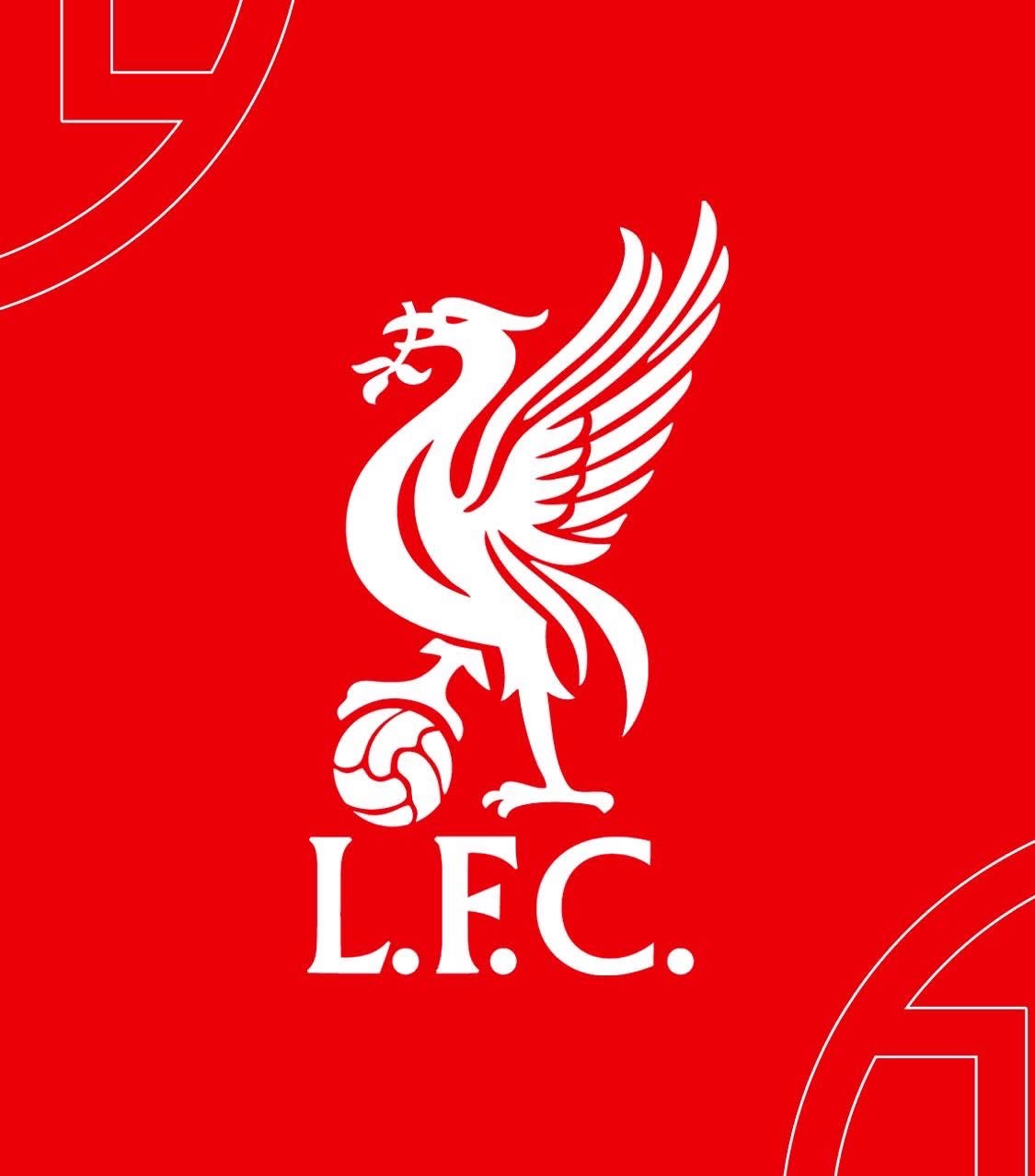When Jürgen Klopp arrived at Anfield in October 2015, Liverpool was a club in need of more than just tactical adjustment—it needed belief, direction, and a renewed sense of identity. The Reds were searching for a leader capable of reinvigorating the squad, reconnecting with the fans, and restoring the club’s status among Europe’s elite. Klopp arrived with a vision, and he executed it with precision, passion, and a charisma that quickly captured the hearts of Liverpool supporters around the world.
From Struggle to Hope
Liverpool’s struggles before Klopp’s tenure were well documented. Inconsistent performances, managerial changes, and a lack of long-term strategy had left the club in a state of uncertainty. Fans were eager for a figure who could bring stability and, more importantly, belief—a belief that Liverpool could once again compete at the highest level.
Klopp arrived with a clear philosophy: high-intensity football built on pressing, teamwork, and tactical intelligence. His approach was demanding, requiring players to commit to relentless work both on and off the pitch. Yet, unlike his predecessors, Klopp combined this rigor with an infectious optimism that inspired confidence. Slowly but surely, players began to buy into his methods, and fans began to feel the spark of hope that had been missing for years.
The Klopp Effect: Transforming Players
One of the most remarkable aspects of Klopp’s tenure has been his ability to elevate the performance of individual players. Young talents such as Trent Alexander-Arnold and Curtis Jones flourished under his guidance, while established stars like Mohamed Salah, Roberto Firmino, and Sadio Mané reached new heights. Klopp’s insistence on belief, resilience, and tactical intelligence turned potential into consistent performance.
His man-management skills are legendary. Klopp understands that football is as much about psychology as it is about tactics. By building strong relationships with his players, emphasizing trust and communication, and motivating them to push beyond perceived limits, he has created a culture of self-belief that permeates every corner of the club. Players now step onto the pitch not just as individuals but as part of a cohesive unit with a shared purpose.
Rekindling the Anfield Spirit
Beyond the players, Klopp’s impact is most visible in the stands. Anfield under Klopp is a fortress not only in terms of results but in spirit. The atmosphere, the unity between fans and players, and the belief in the team’s mission have all been revitalized. Supporters once skeptical have become fervent believers, chanting passionately and celebrating every victory as if it were a testament to the collective effort Klopp has instilled.
He has reminded the world that Liverpool is more than a football club; it is a community, a family, and a legacy. His emphasis on togetherness and shared identity has reconnected fans to the heart of the club, reigniting passion and loyalty on a scale rarely seen in modern football.
Major Achievements and Legacy
Klopp’s record speaks volumes about his transformative effect on Liverpool. From reaching the 2018 UEFA Champions League final to winning the prestigious trophy in 2019, his team has consistently competed at the highest level. The 2019 Champions League triumph was not just a trophy—it was validation of Klopp’s philosophy, proving that belief, hard work, and tactical intelligence could overcome even the most formidable opponents.
In 2020, Liverpool clinched their first Premier League title in 30 years, cementing Klopp’s status as a transformative figure. The league victory was historic not only for its statistical dominance but for the way it embodied Klopp’s vision: a team united in purpose, resilient under pressure, and guided by unwavering belief.
Building a Culture of Belief
What sets Klopp apart is not just the trophies he has won but the culture he has created. Liverpool under Klopp is defined by a relentless pursuit of excellence, a commitment to teamwork, and an unshakeable belief in the possibility of success. Mistakes are seen as opportunities for growth, setbacks are approached as challenges to overcome, and victories are celebrated as collective achievements.
This culture extends beyond the pitch. Young players are nurtured, fans are engaged, and the club’s identity is reinforced with every match. Klopp has created an environment in which belief is tangible, visible, and contagious. Every player, coach, and supporter feels part of something larger than themselves—a movement built on shared values and ambition.
The Psychological Edge
Klopp’s emphasis on belief is not abstract; it is a tactical advantage. Opponents often underestimate the psychological cohesion and confidence his teams possess. Liverpool enters every match with the certainty that, no matter the challenge, the squad can adapt, fight, and prevail. This mental resilience has turned potential weaknesses into strengths, enabling Liverpool to overcome injuries, setbacks, and high-pressure situations with remarkable consistency.
Belief, Klopp has shown, is a force multiplier. It enhances individual performance, strengthens team dynamics, and creates an aura of invincibility that can intimidate even the most formidable adversaries.
Inspiring a Generation
Perhaps Klopp’s most enduring legacy is the inspiration he provides. Young players and fans alike witness a manager who combines tactical brilliance with human warmth, resilience with optimism, and ambition with humility. He has shown that belief—both in oneself and in the collective—can drive transformation.
Through Klopp, Liverpool has become a model for what football can represent: a blend of excellence, passion, and community. His vision extends beyond immediate results, influencing how players approach their careers, how fans engage with the club, and how the sport itself can inspire greatness.
Conclusion
Jürgen Klopp did more than win trophies for Liverpool; he changed the club forever. He instilled belief in players, fans, and the organization as a whole. Under his leadership, Liverpool became a team that fights for every ball, plays with heart, and believes in its potential, no matter the odds.





